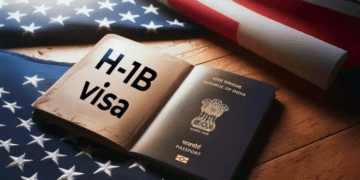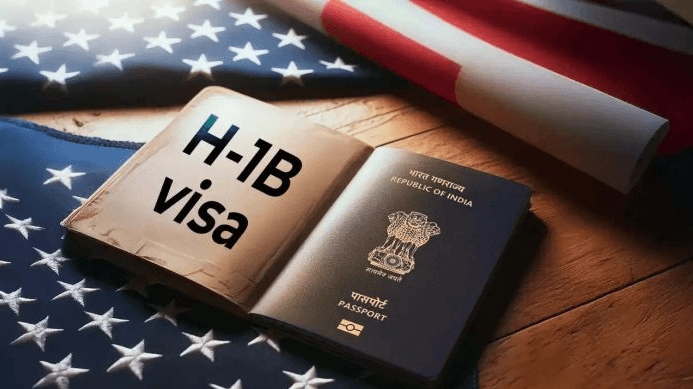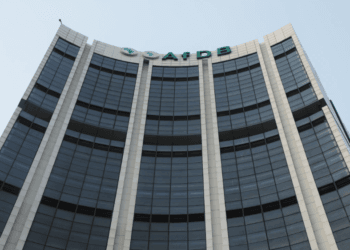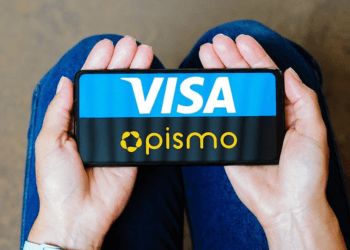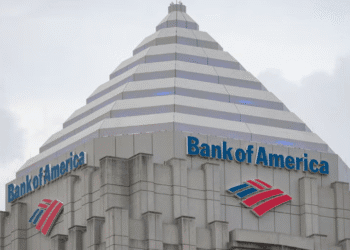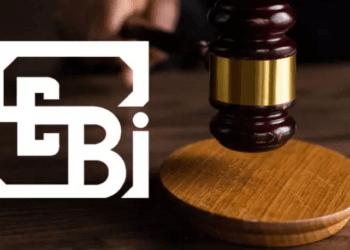Athira Sethu
Kochi, 3 April 2025
US technology firms are instructing their H-1B visa employees not to travel out of the country because of fears of being rejected entry back into the country, The Washington Post reported. Indian employees, the biggest demographic of H-1B visa holders, are also seeing more uncertainty with the Trump administration’s immigration policy.
The H-1B visa program, which awards around 65,000 visas each year through a lottery system, is crucial to the tech sector in the US, with Indian nationals being approved the most. Chinese and Canadian employees are other significant beneficiaries. Major users of these skilled laborers are companies like Amazon, Google, Meta, Microsoft, and Apple.
Most H-1B holders are now worried about the potential shifts in immigration laws, with some even having canceled travel to escape being stuck outside the US. One employee expressed fears about the administration’s possible alterations to birthright citizenship, fearing that future generations may be made stateless.
There is also increasing concern that foreign workers are being treated as if they could be in the country illegally. This is causing practical problems for these workers, who are frequently carrying additional documentation when they are out in public. Businesses are also incurring increased costs as they scramble to process visa extensions to prevent delays.
The technology industry is largely reliant on foreign labor, led by Indian talent with organizations such as Infosys and Cognizant making up most of the H-1B petitions. But the stress caused by visa-related concerns is impacting the performance of employees as the threat of possible changes or actions against them holds them under constant pressure.
For Indian technology professionals, the path to permanent residence, or a Green Card, is already lengthy because of restrictions on the number of Green Cards issued by the country. Many wait decades, even after years of working for leading firms. Aravind Srinivas, CEO of artificial intelligence company Perplexity, recently pointed to his own three-year wait for a Green Card, even though he heads a $9 billion-valued company.
Even with Trump’s friendly comments on H-1Bs and the inclusion of immigrant advisers in his government, the general immigration policy has contributed to increasing apprehension. Under his first term, the rate of denials for skilled labor visas reached 15%, and immigration attorneys are cautioning that this trend may persist.
